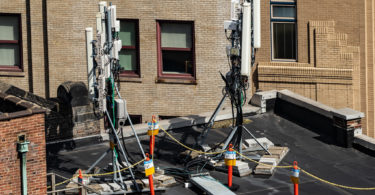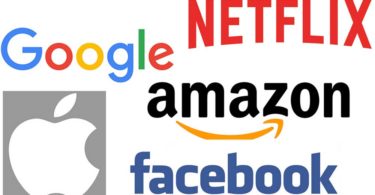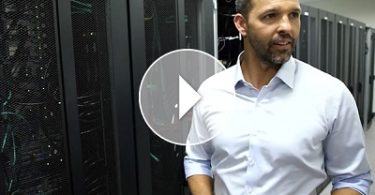SPACs have been the center of attention in public markets in 2020.
Year to date, 151 companies have IPO’d in the US… 61 of them were SPACs.
With 40% of new companies going public via “special purpose acquisition,” you can’t ignore this trend if you want to generate maximum profits in these markets.
So today, I’m going to break down the advantages and disadvantages of SPACs.
You’ll want to know exactly what a SPAC is before you invest in one…
SPACs Explained
A SPAC, or special purpose acquisition company, is often referred to as a “blank check company” that’s sponsored by an experienced investor (like a venture capitalist) or investing entity.
Venture capitalists (VCs) are most commonly starting SPACs to help a private business go public quickly without having to go through the traditional IPO process.
You see, SPACs typically take 3-4 months to clear registration with the SEC. That’s much shorter than the traditional IPO process which ranges from 6-9 months.
Here’s how it works…
First, the experienced investor takes their SPAC public as a “corporate shell,” raising money from retail and institutional investors by selling shares in the SPAC.
Sometimes the experienced investor takes the SPAC public knowing exactly what private company they’re intending to buy.
But sometimes they don’t know, or the deal falls through, and the SPAC can remain a publicly traded firm until they find another private company to buy within 24 months.
That’s an advantage for investors like us because it gives us assurance that a deal will be finalized within 2 years.
Once the experienced investor agrees to buy a private company, it is effectively taken public when it gets acquired by the SPAC.
It’s important to note, the SPAC is limited to one acquisition deal.
But once the acquisition is complete, it can act, acquire, or operate as any other publicly traded company.
Why You Should Consider Investing In SPACs Today
SPACs have been around since the late 1980s focusing on small-cap companies that could not go public through the traditional process for various reasons.
This initially attracted penny stock promoters creating fraudulent companies.
But since then, with more regulation from the SEC, SPACs have experienced an evolution, gaining a lot of positive coverage from influential billionaire investors such as Chamath Palihapitiya (with Virgin Galactic and Opendoor), and Bill Ackman’s recent $4 billion behemoth raise…
For investors like you and me, SPACs offer a low-risk entry to a large public offering.
Since it’s essentially like buying into a private business before it goes public, it’s one of the closest things retail investors can get to being a venture capitalist and investing in a private business before it goes public.
Best of all, the returns can be massive.
There have already been 7 money doubling SPACs in 2020 alone.
Would You invest in SpaceX?
The companies on the cutting edge of space exploration are all private.
Which means the lion’s share of that wealth will only flow to a small circle of VC’s and private investors.
But here’s the good news: Thanks to an ex-Morgan Stanley banker, you can now become one of those investors.
In fact, he’s going to show you exactly how to get into the hottest private equity deals. Where the money is really made… Long before the company's IPO.
So, if you want to have a founding stake in the space revolution… Or any of the other dozens of industries that will shape the next 20 years of humanity…





